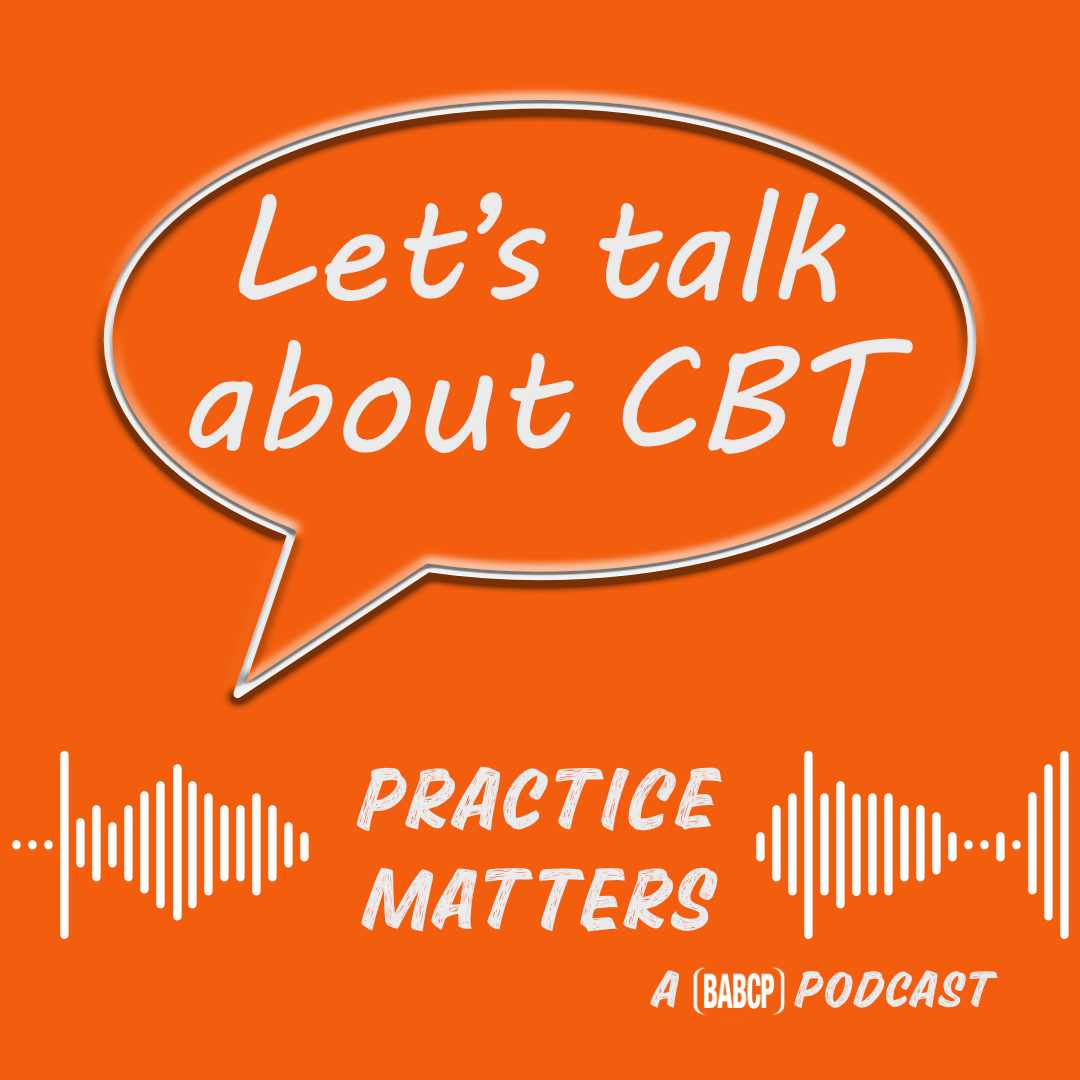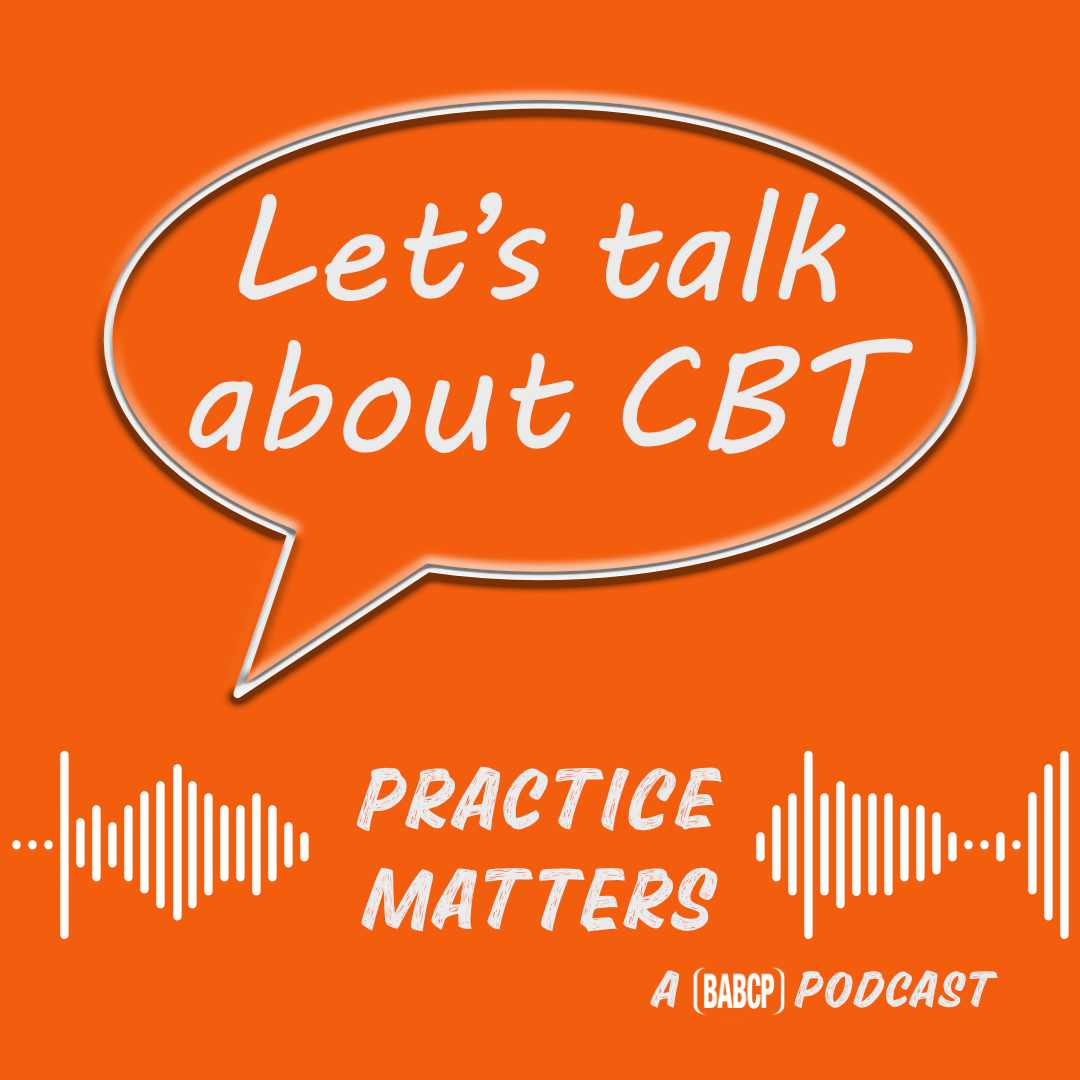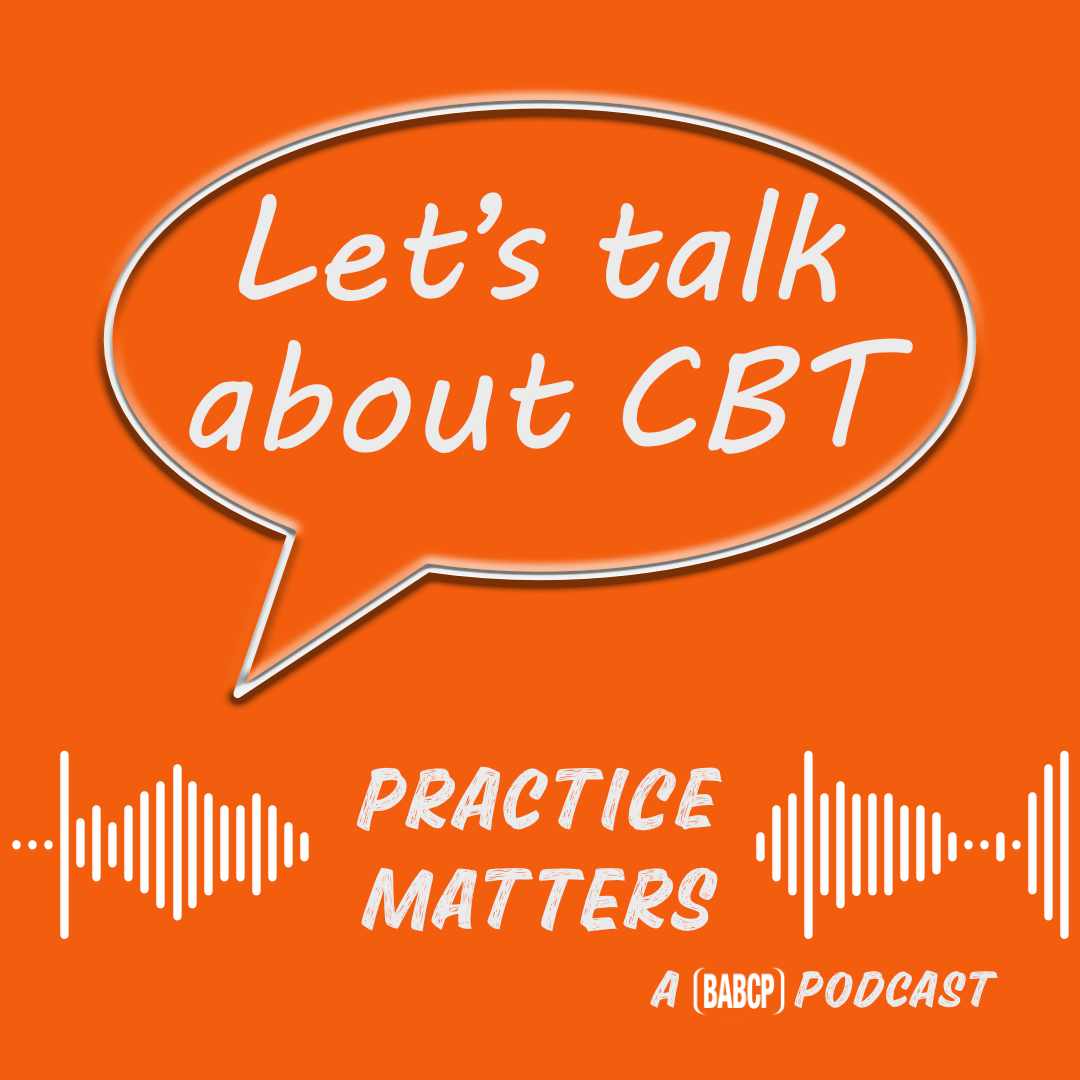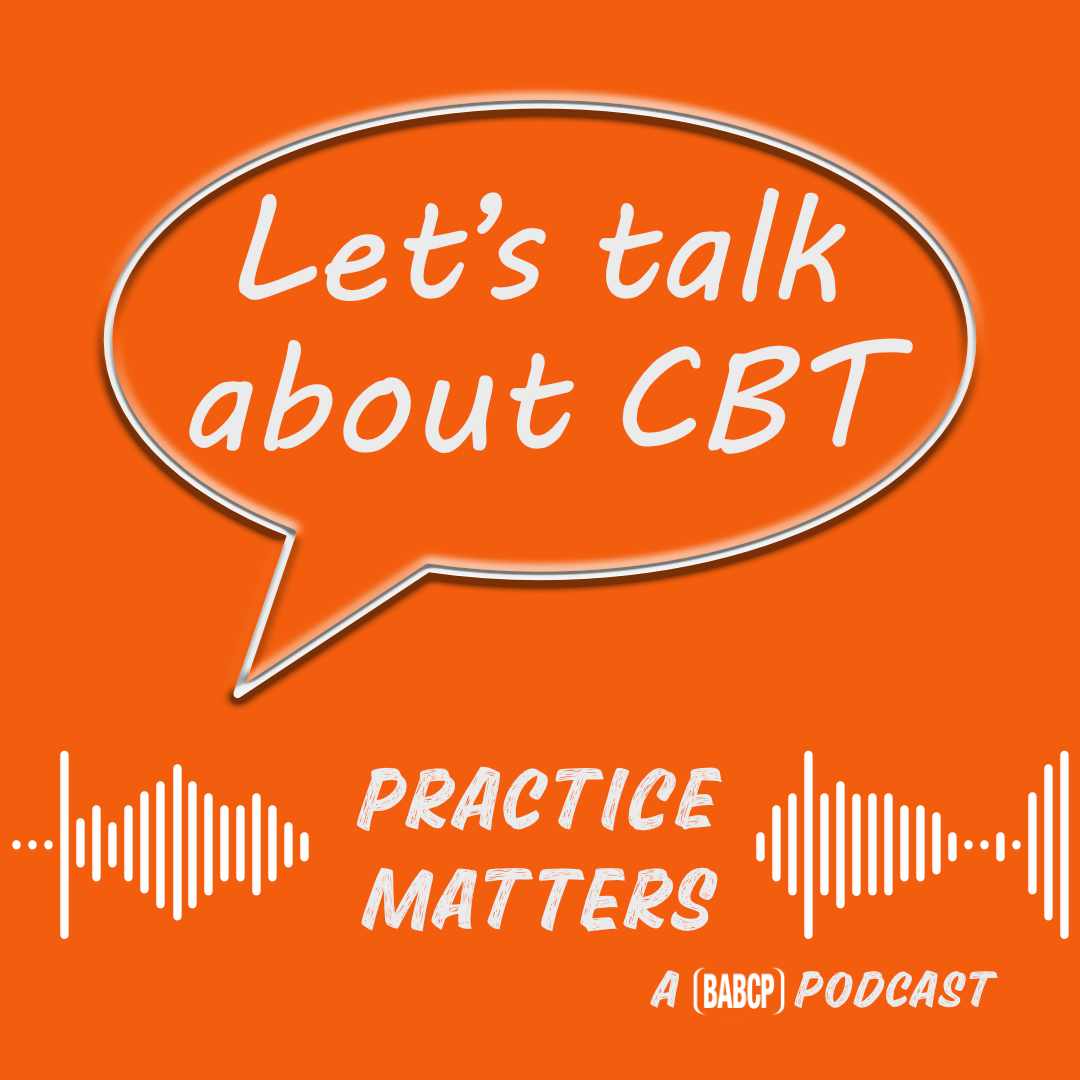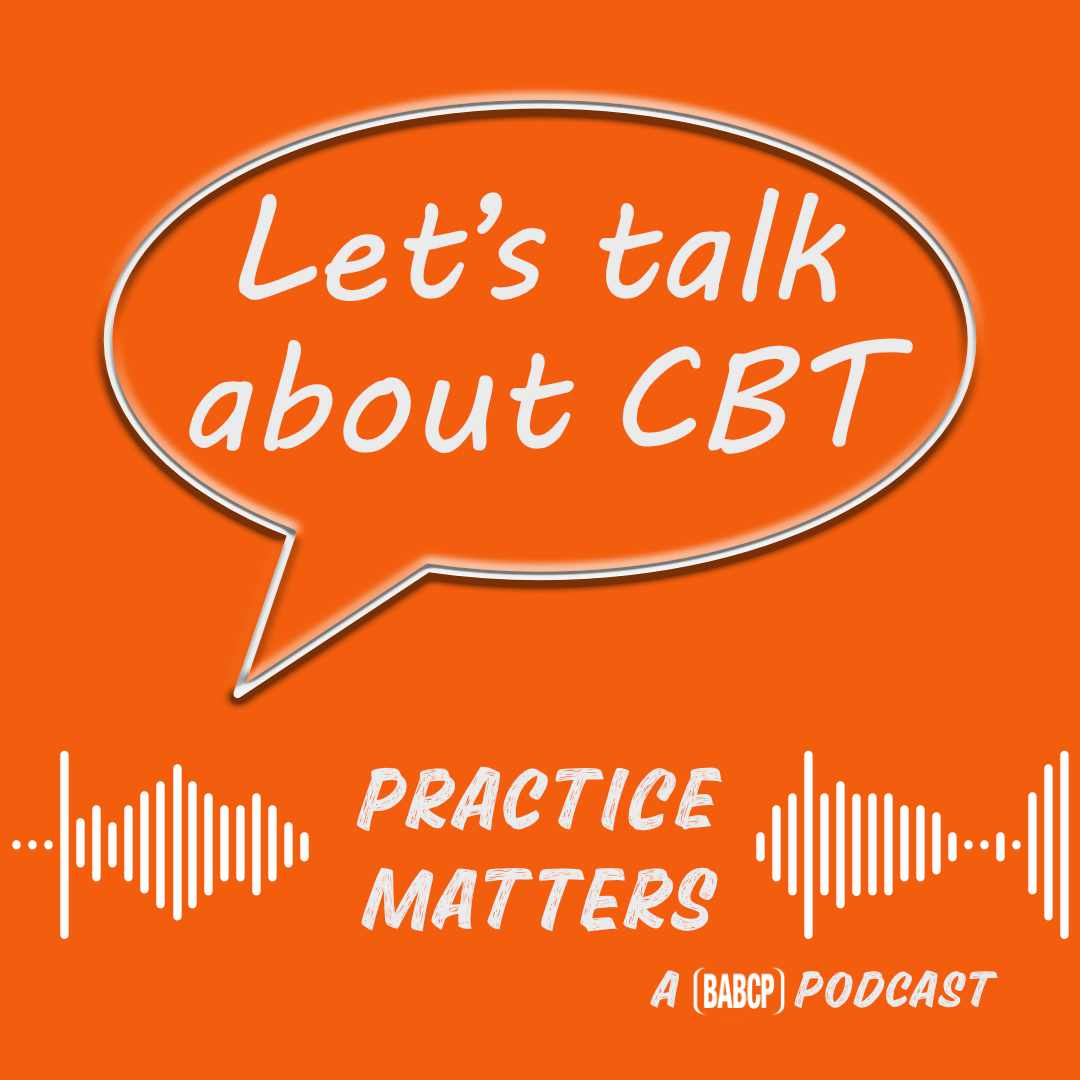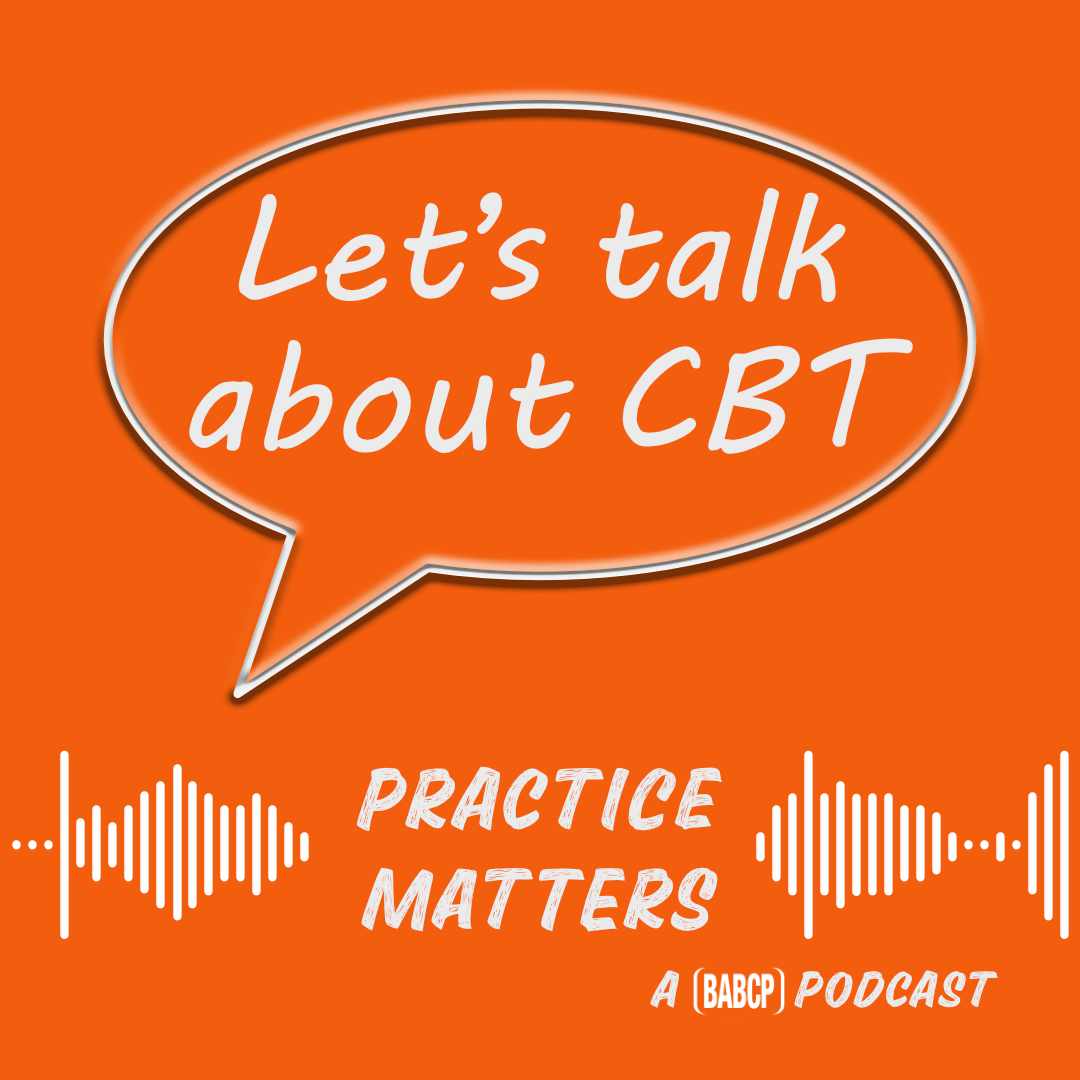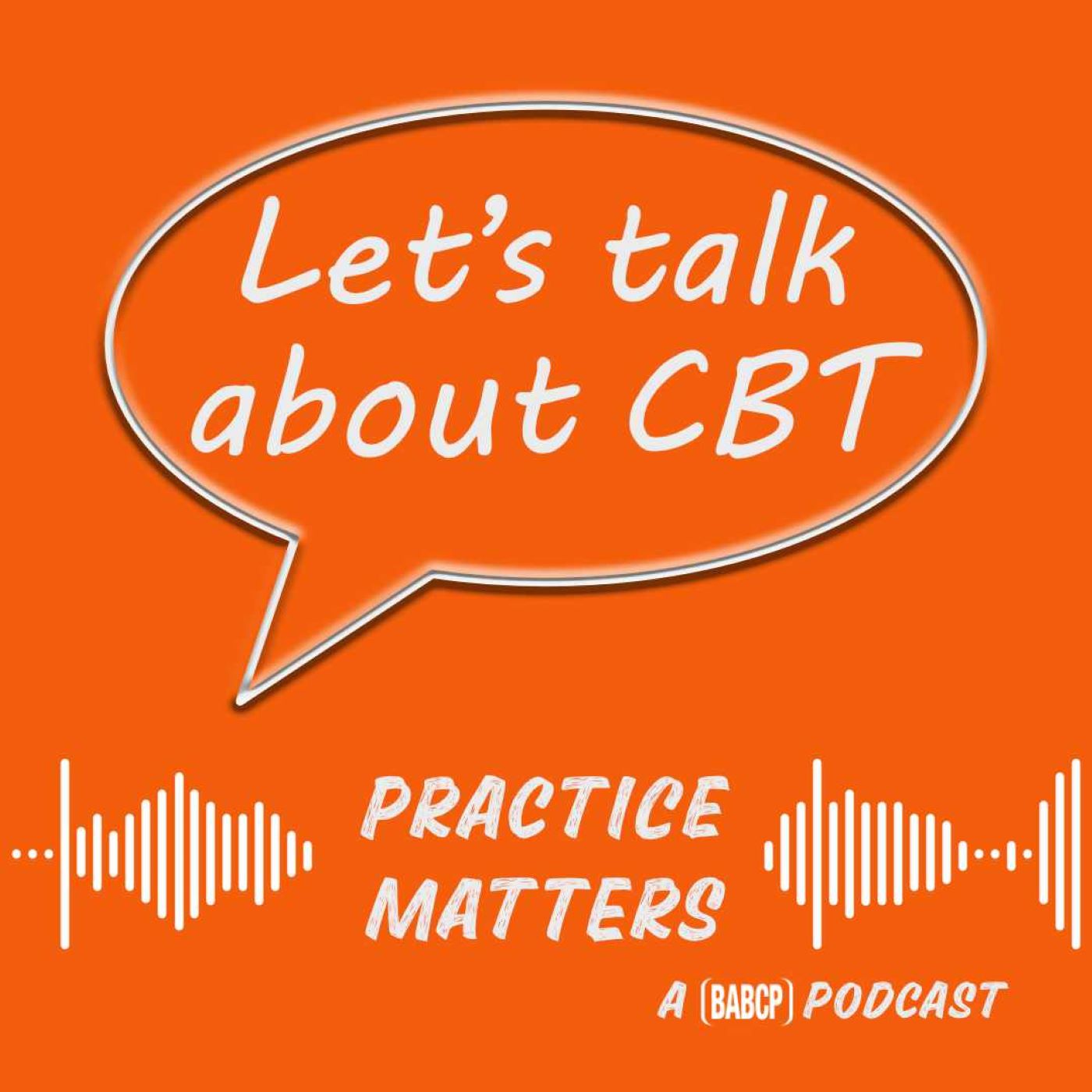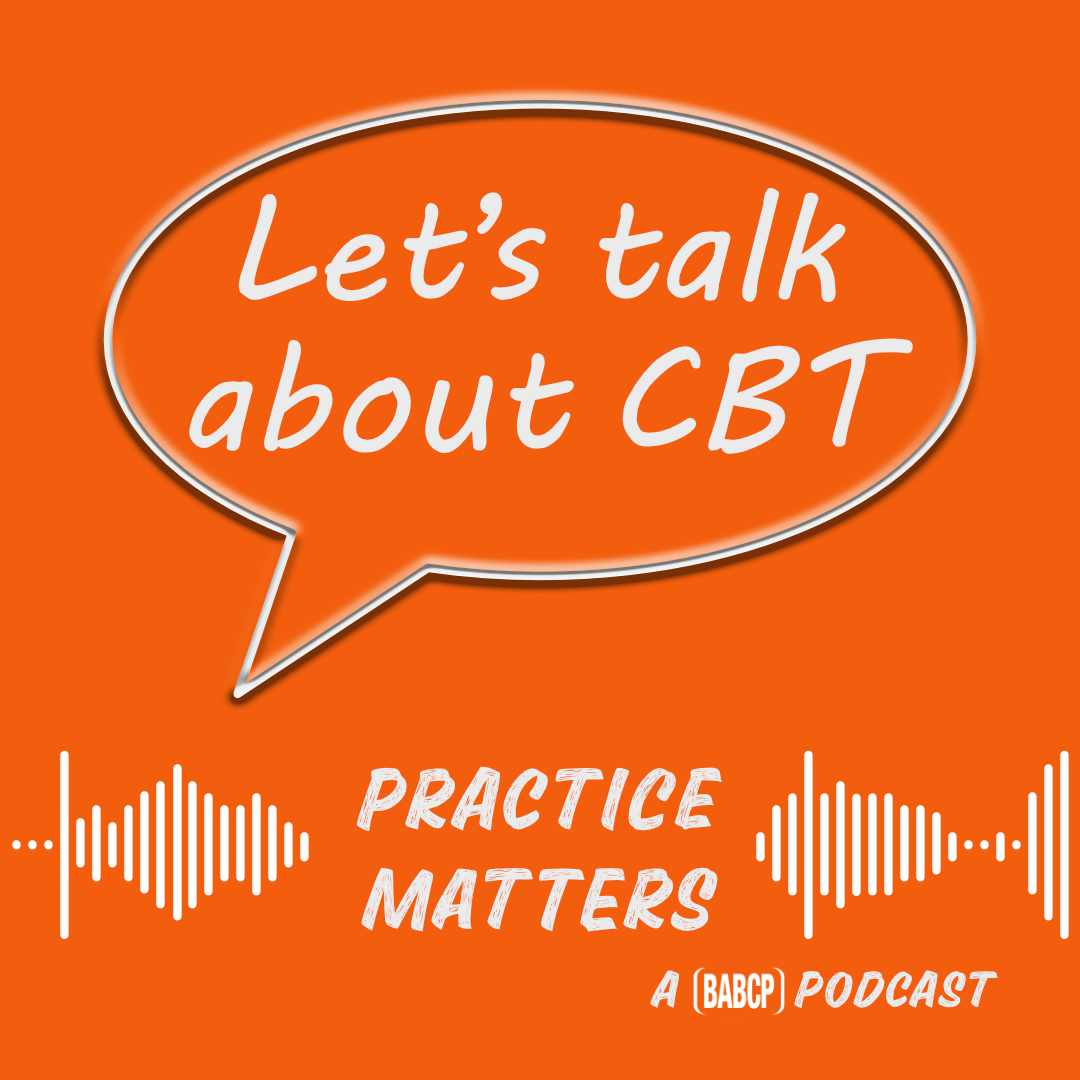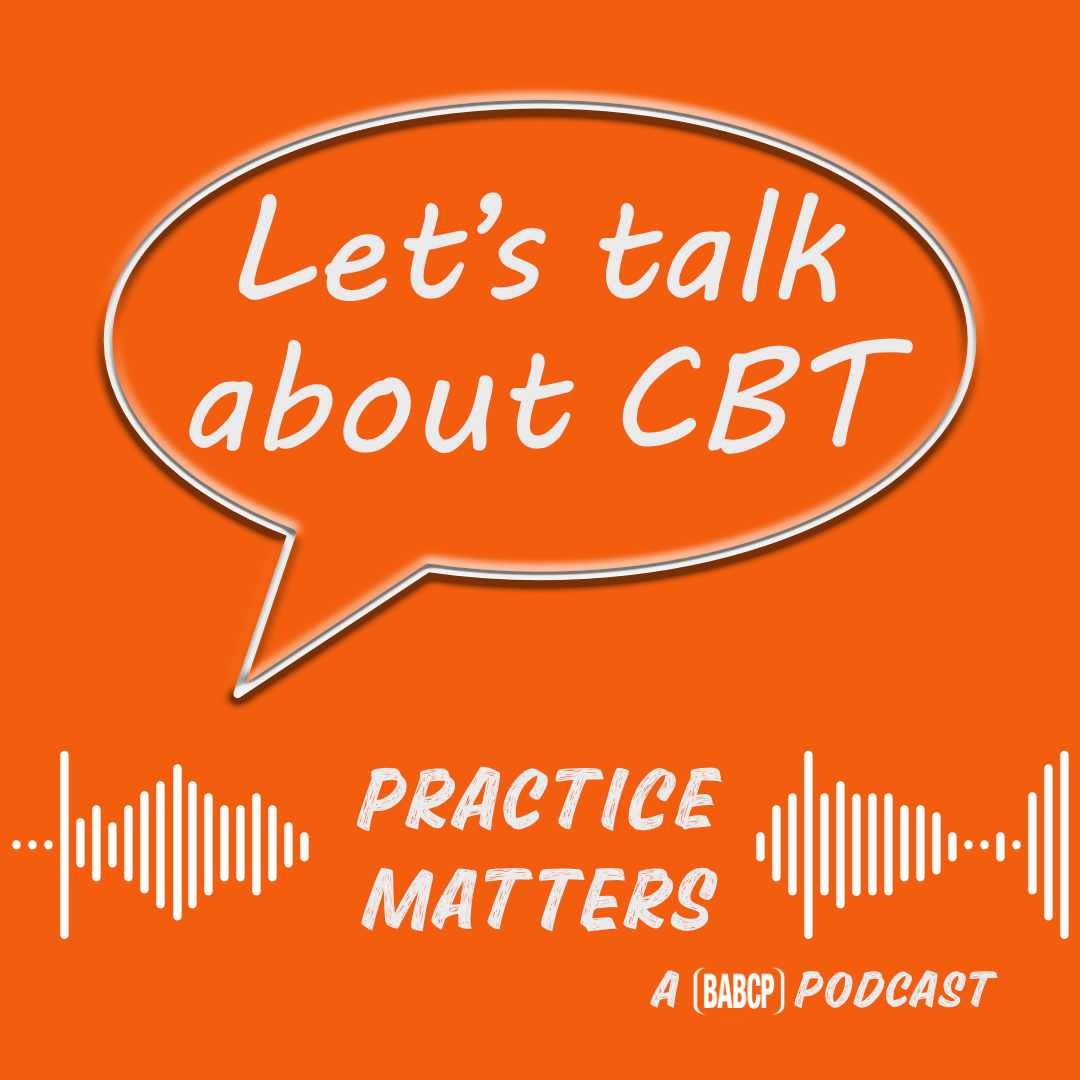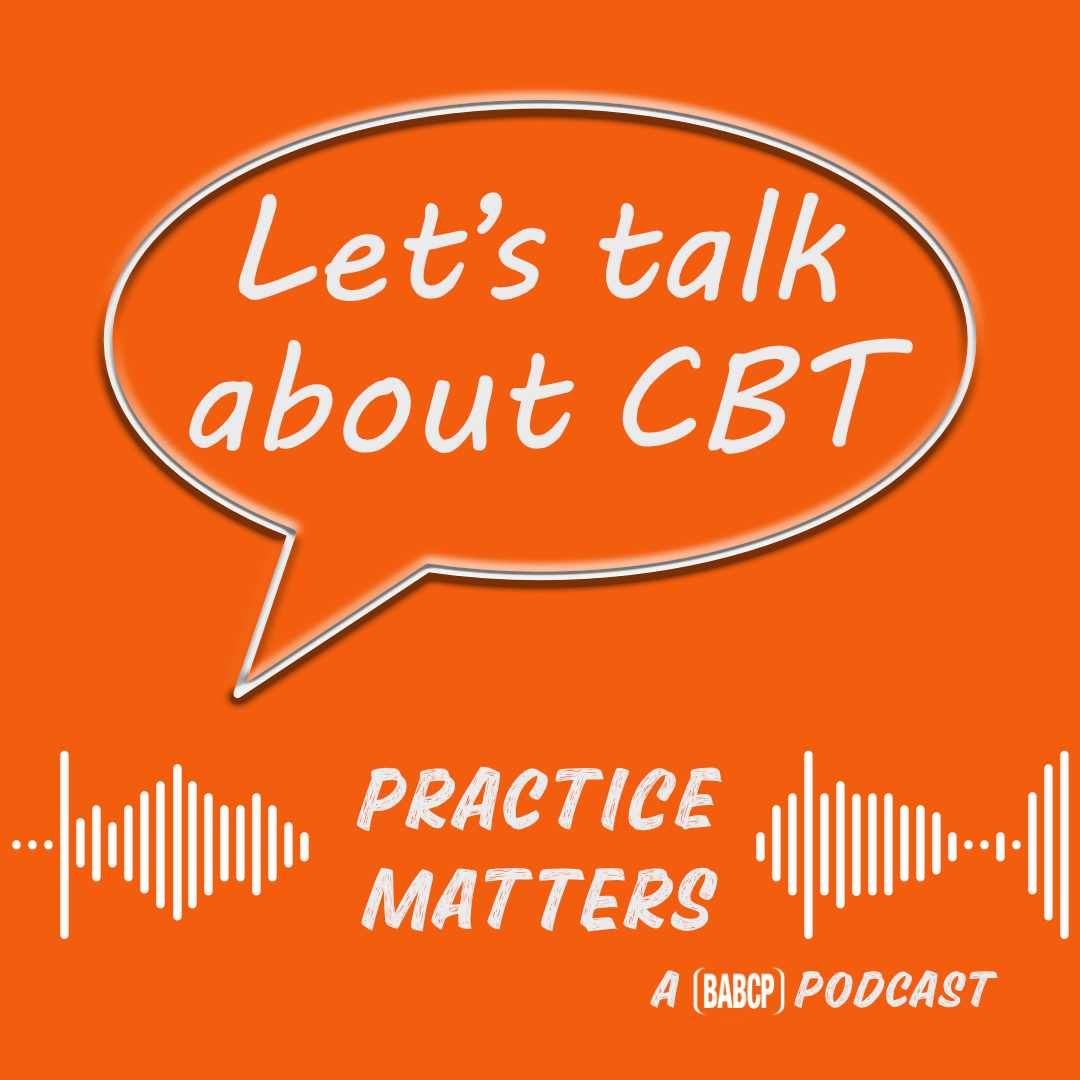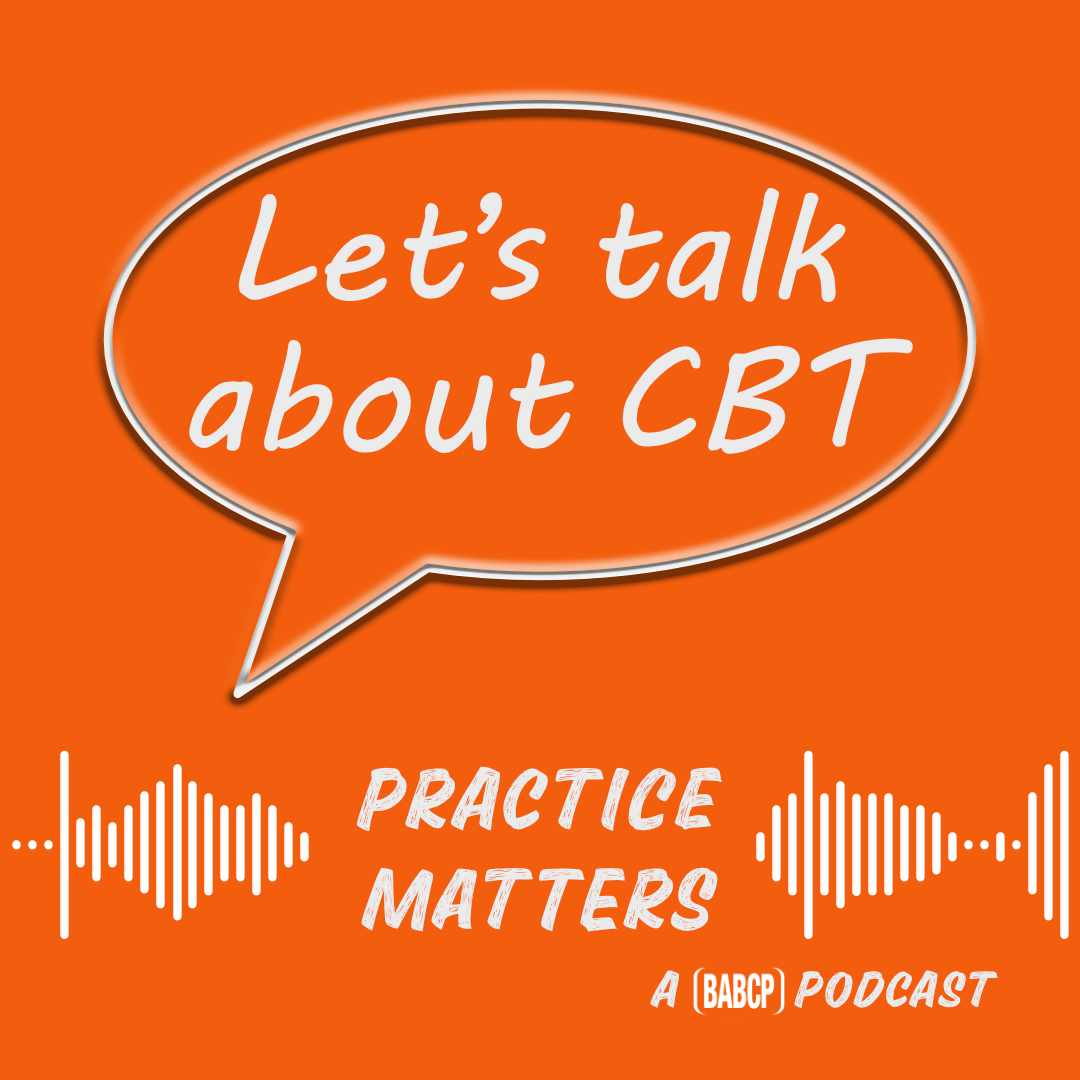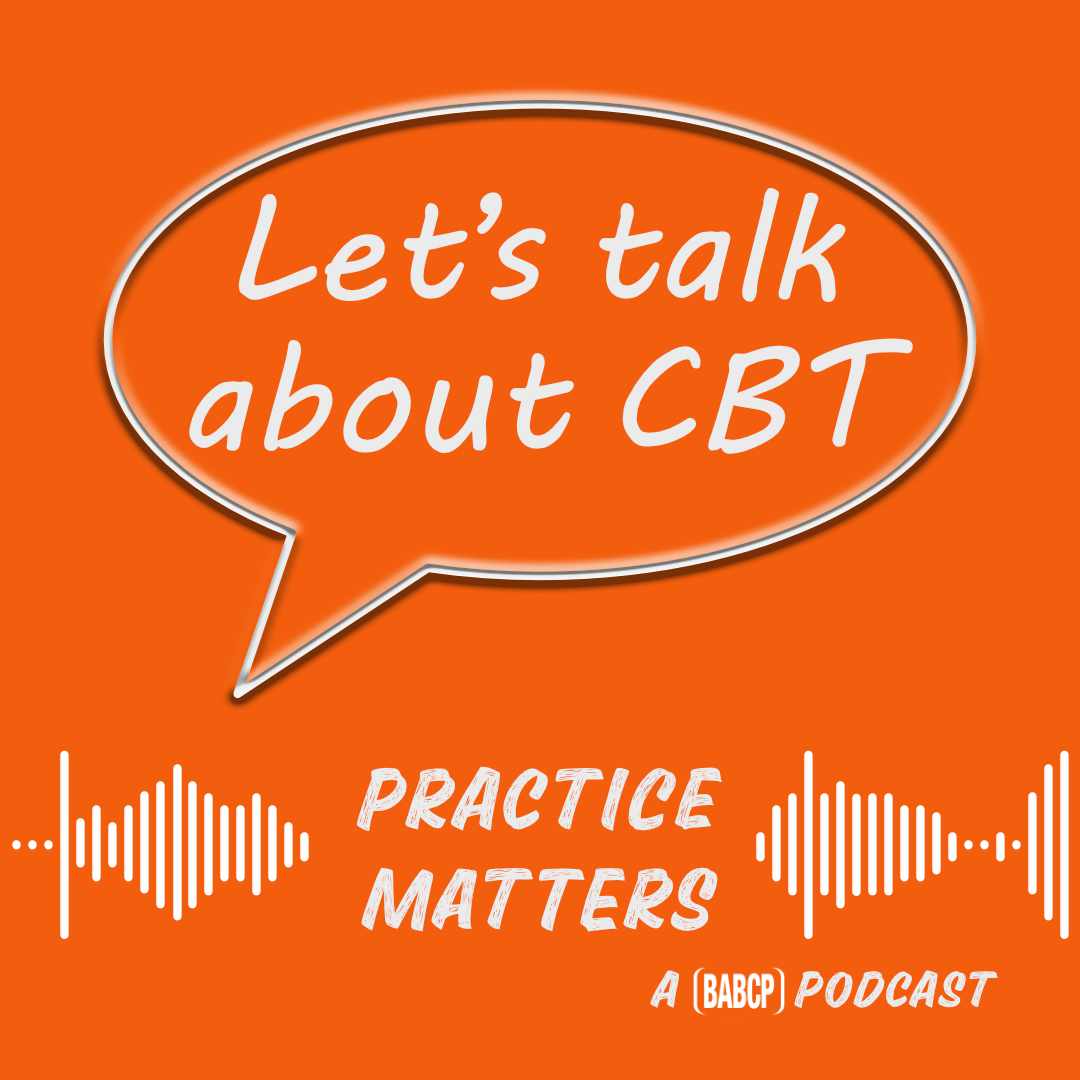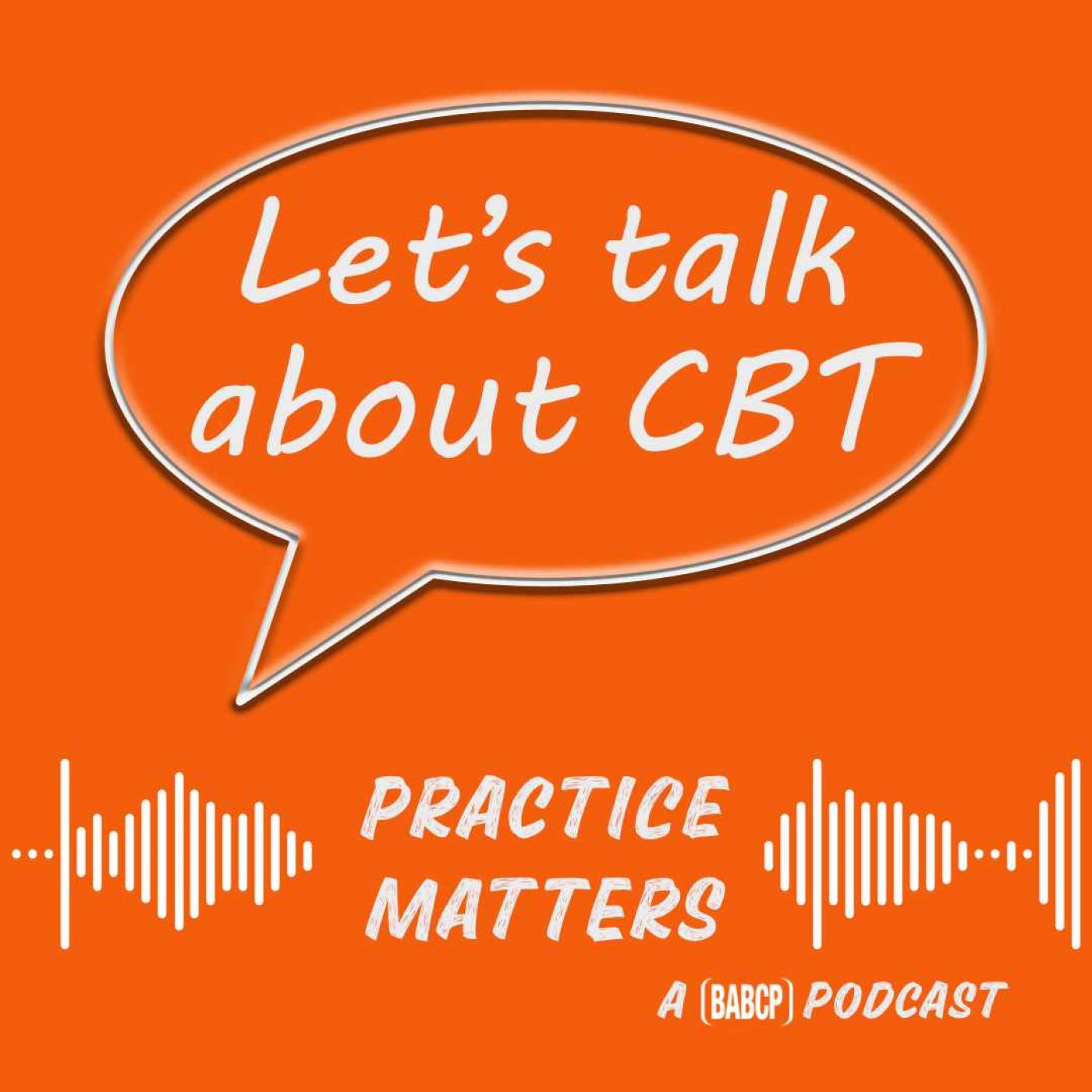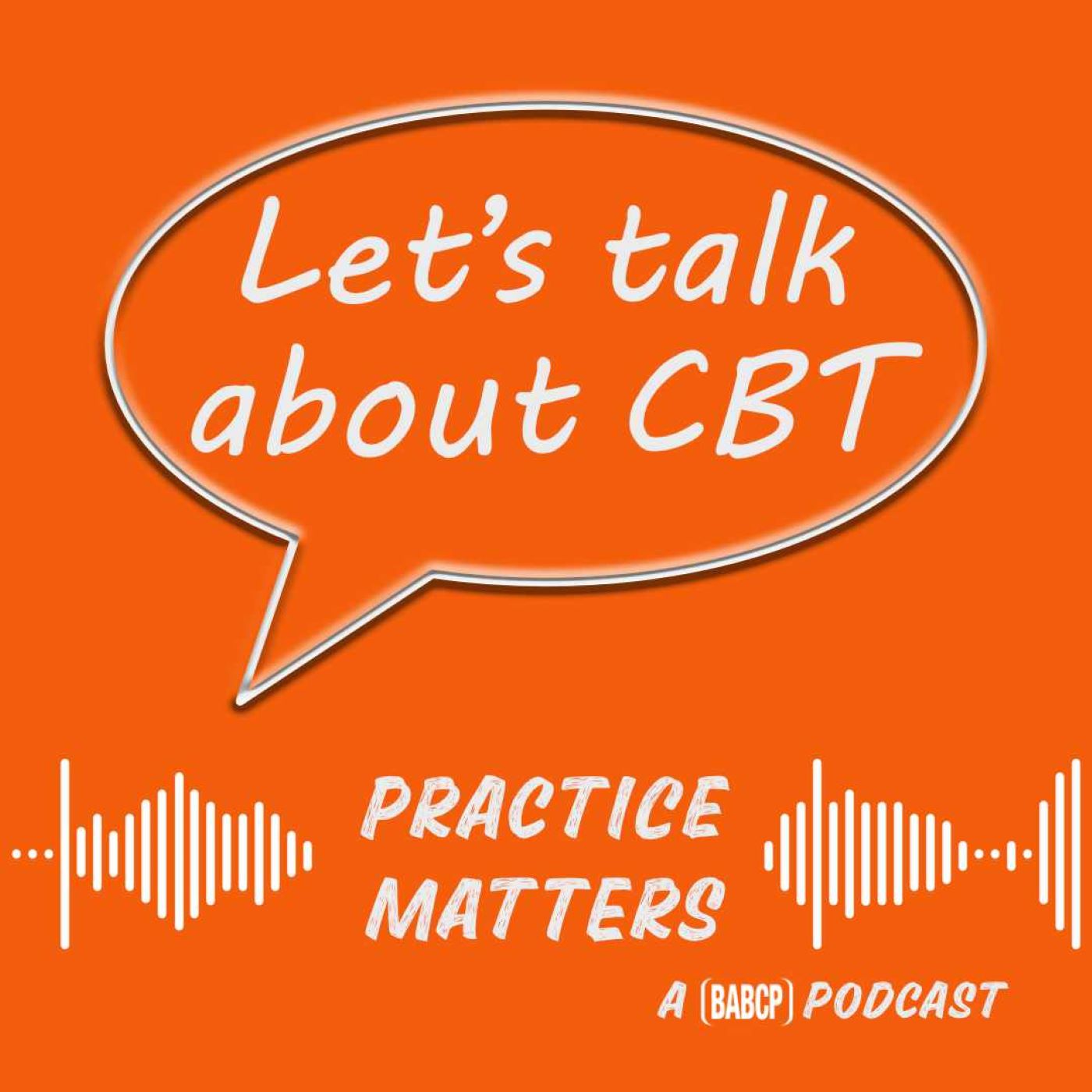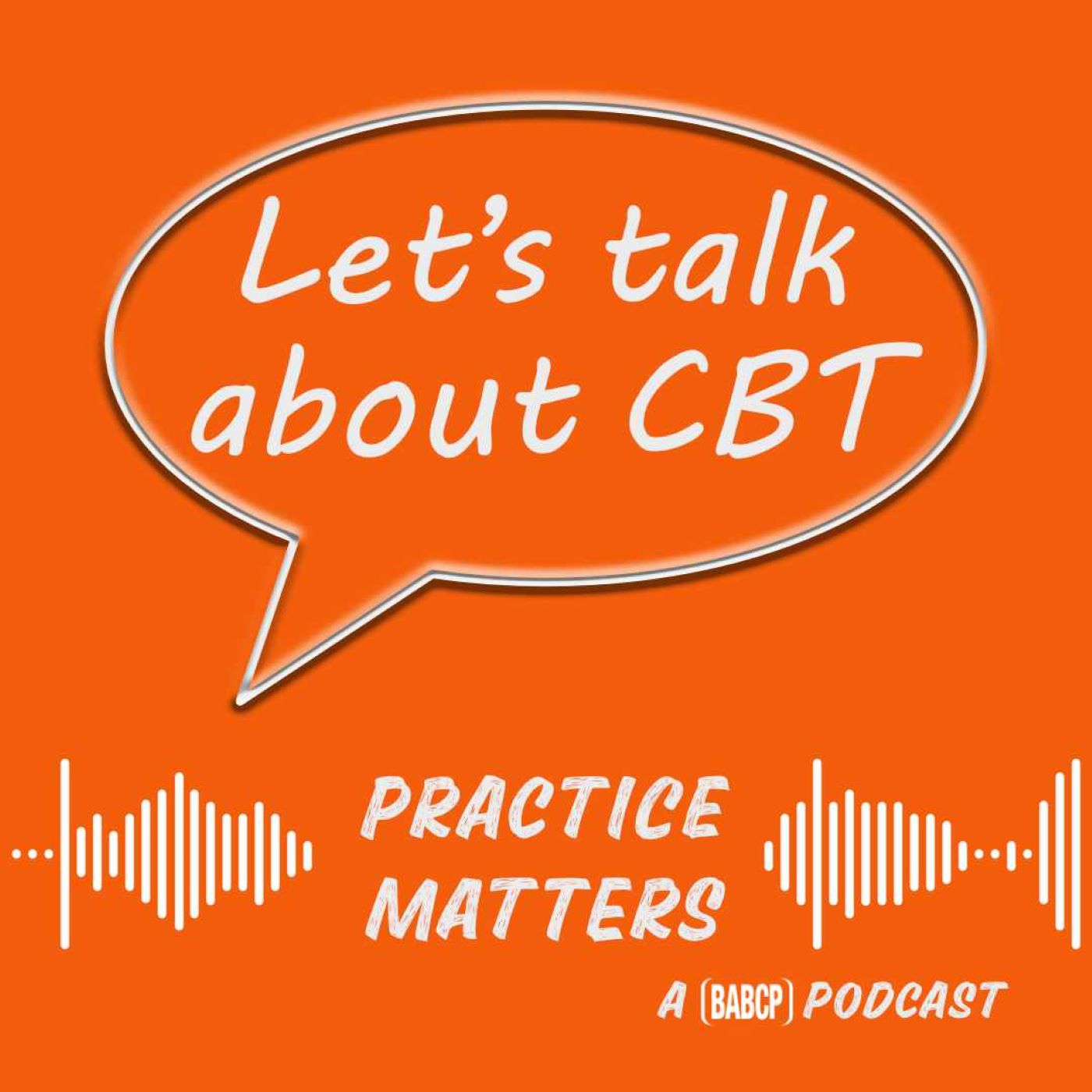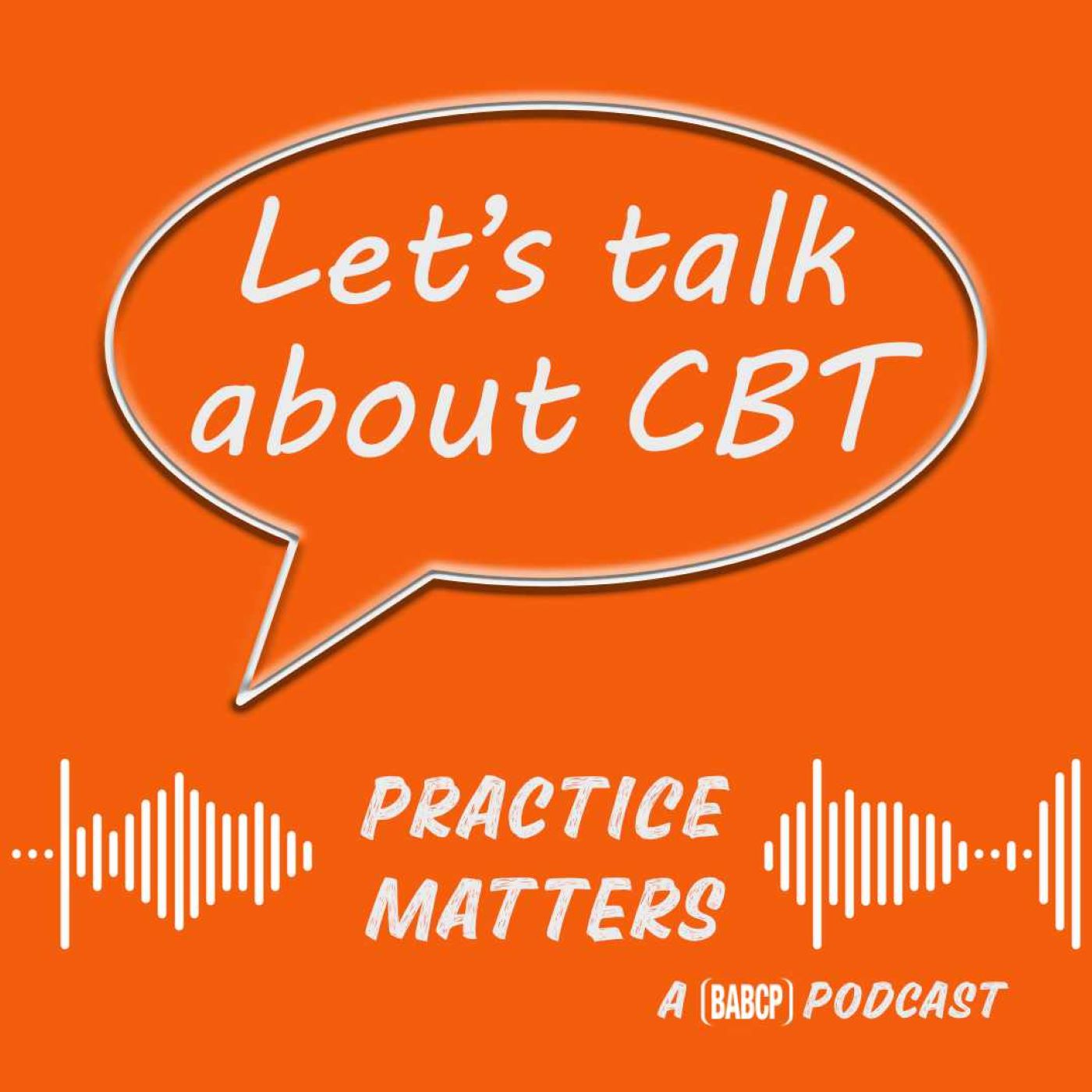Prof Judith Beck : Back to basics… or back to the future?
Description
In this episode of Practice Matters, Rachel is joined by Professor Judith Beck, President of the Beck Institute for Cognitive Behaviour Therapy and one of the most influential voices in the field.
Judith discusses her personal and professional journey into CBT, the legacy of her father Aaron T. Beck, and the evolution of cognitive therapy from its traditional roots to recovery-oriented cognitive therapy (CT-R). Judith also shares insights on the importance of the therapeutic relationship, strategies for validating clients, managing hopelessness, and adapting CBT across cultures and how therapists can look after themselves, continue learning, and stay connected.
Resources and links mentioned in this episode:
- Beck Institute for Cognitive Behavior Therapy
- Subscribe to the Beck Institute newsletter
- Cognitive Behavior Therapy: Basics and Beyond (3rd edition, 2021) by Judith S. Beck
Beck Institute social media channels:
- Facebook: https://www.facebook.com/beckinstitute
- LinkedIn: https://www.linkedin.com/company/beck-institute-for-cognitive-behavior-therapy/
- X: https://twitter.com/beckinstitute
- YouTube: https://www.youtube.com/user/BeckInstitute
Stay Connected:
- Follow us on Instagram: @BABCPpodcasts
- Send us your questions and suggestions: podcasts@babcp.com
- Subscribe and leave a review – and don't forget to share this episode with your colleagues!
If you enjoyed this episode, check out our sister podcasts, Let's Talk About CBT and Let's Talk About CBT – Research Matters for more discussions on evidence-based therapy.
Credits:
Music is Autmn Coffee by Bosnow from Uppbeat
Music from #Uppbeat (free for Creators!): https://uppbeat.io/t/bosnow/autumn-coffee
License code: 3F32NRBYH67P5MIF
This podcast was edited by Steph Curnow
Transcript:
Rachel: Welcome to Let's Talk About CBT Practice Matters, the BABCP podcast for therapists using cognitive behavioral therapy with me, Rachel Handley. Each episode, we talk to an expert in CBT who will share insights that will help you understand and apply CBT better to help your patients. Today, I'm really delighted to be joined by Professor Judith Beck. Professor Beck is president of the Beck Institute for Cognitive Behavior Therapy and clinical professor of psychology and psychiatry at the University of Pennsylvania Perelman School of Medicine. She has published prolifically on CBT, including key texts that are to be found on the bookshelves of almost every CBT therapist with a desire to hone their craft. And they really do guide us through the basics and beyond.
Judy, welcome to the podcast.
Judith Beck: Thank you for having me.
Rachel: I'm fortunate to have met you previously during a brief period of study at the Beck Institute many moons ago now. However, I imagine that I feel about spending time talking to you about CBT the same way normal people might feel about chatting to celebrities, given that of course your CBT royalty, your father being Aaron T. Beck, also widely regarded as the father of CBT and that you've worked so closely with him to develop the field. It might perhaps seem inevitable given that background that you would end up in this work, but you clearly could have chosen any number of career pathways. Can you tell us a little bit about your personal and professional journey to where you are now?
Judith Beck: So I've always loved children. And when I was probably six or seven, I decided that I wanted to be a teacher. And so when I went to the University of Pennsylvania, I studied education to become a teacher, but I took a lot of psychology courses as well. And I taught kids with learning disabilities for a while and then decided that if I wanted to have a career or met my career as a teacher, I really had to go back and get a professional degree, a master's degree. And so I went back to school and got a master's in educational psychology. Then worked as a supervisor for a little while and decided that I should really probably get a PhD. And it was toward the beginning of my PhD program that I became more interested in psychology and in my father's work. And I really think that I must have been at least subliminally influenced by my dad when I was a teacher and when I was a supervisor. At the beginning when I started to consider going into this field, I had kind of a naive idea and it was an automatic thought. I thought, I just don't know if I'm cut out to be a psychologist because I've always been such an intuitive teacher. I didn't really need someone to teach me how to teach, especially when it came to teaching kids with learning disabilities. It was just quite natural for me to know how to take something that was complicated and break it down and speak to my young students in a way that they could understand. So I thought, how could I learn to be a psychologist? I'm not intuitive at all about how to do that.
Rachel: So if it requires some learning, then it can't be for me.
Judith Beck: That was my thought at the time. And fortunately it turned out to be wrong. And then I started to learn really in detail about my dad's work, and it all made so much good sense to me. And what's interesting is that I've really come full circle. For a while, especially at the beginning, I was primarily a CBT therapist. But then I really became a CBT teacher. And most of my activities now, or many of my activities at the Beck Institute have to do obviously with training and teaching other people to use CBT.
Rachel: So you started by integrating psychology into your education and you've come full circle in now you're integrating education into your psychology.
Judith Beck: That's right. You sometimes people draw interesting conclusions. More than a couple of people have said, well, you probably didn't go into psychology initially because that's what your father was doing. And I said, no, no, no, it wasn't a reaction to my father. It was just that I was always drawn to working with young children. And that's what I did as a teacher.
Rachel: When talking about families, I've often spoken on this podcast previously about how as both a psychologist and a mother, I hope that my professional skills give me skills and insights as a parent that I might not otherwise have. But mostly it feels like I'm just more aware of the many, many ways in which I'm failing as a parent and setting my kids up with all kinds of dysfunctional assumptions about how the world works. I wonder how it was growing up in the Beck household. Was there lots of practice and reflection on CBT principles?
Judith Beck: Well, I grew up in the late 1950s and 1960s and I didn't go to university until 1971. And it was really through the later 60s and into the 70s that my father was developing cognitive therapy. But my parents had a very traditional marriage. My father worked all of the time and my mother who actually went to, did something extraordinarily unusual. She went to law school when she had four kids under the age of 10. There were three women in her very large class. Women just didn't do that in those days. It was starting in probably 1961 or 62. Despite the fact that she was in school and then developing her own career, she really had probably 90 % of the care of the kids and the household and organization and so forth. We did have dinner every night, though, as a family. My father stopped work long enough to do that. But we didn't really talk about his work very much. There was one memory that I have that I've told a number of people about, that's when I was someplace around 10, 11, 12 years old. And my father said, Judy, I have a new idea I'd like to run by you. And then he described the cognitive model. That's not a situation that directly influences your reaction, but rather your interpretation of that situation, the thoughts that go through your mind. And so he told me that, and he gave me an example. And he said, what do you think? And what I said out loud to him was, w

